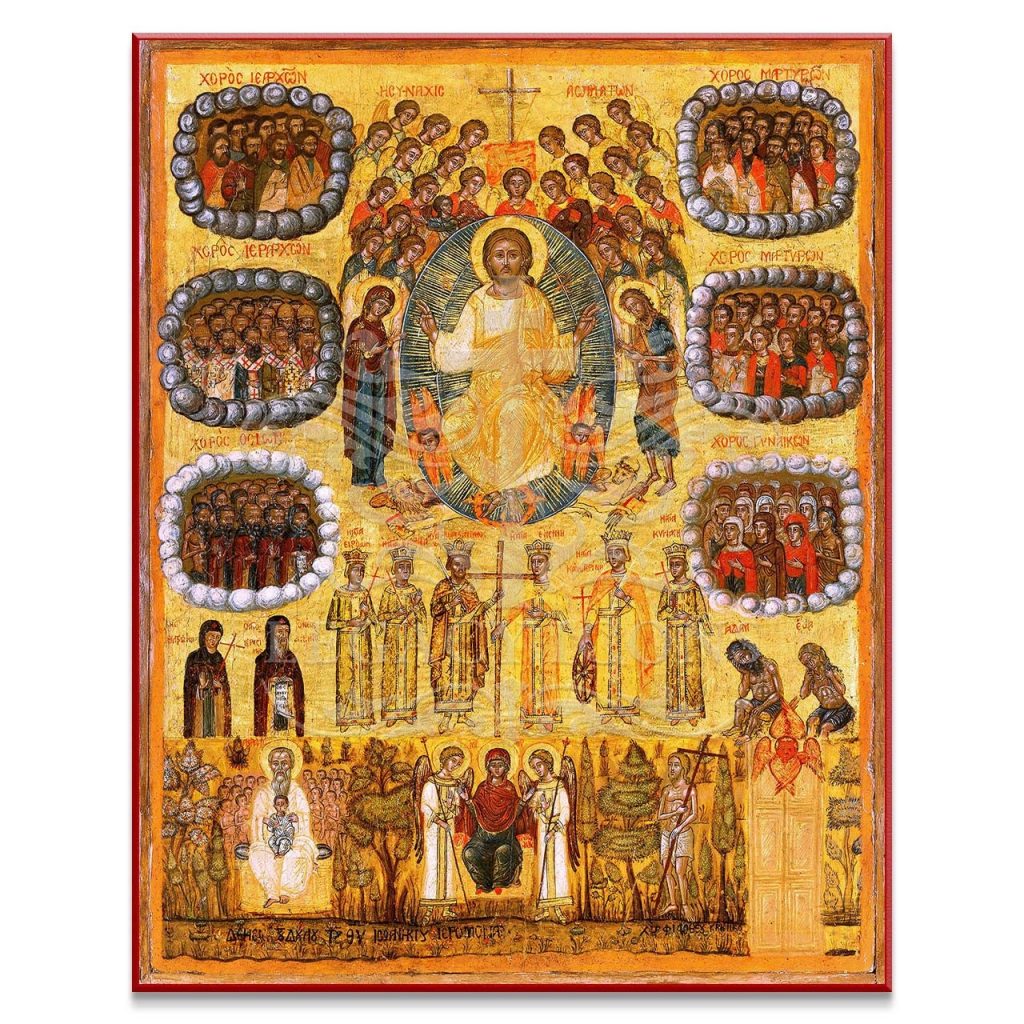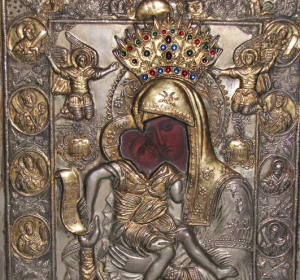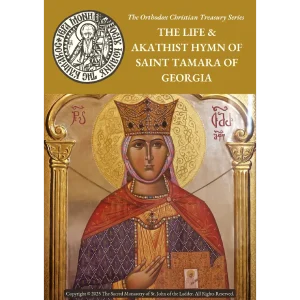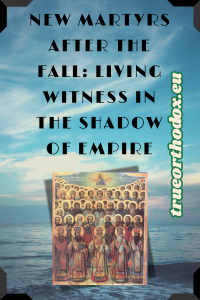The Sunday of All Saints

By Vladimir Moss
“Be ye holy as I am holy,” says the Lord. Is there any more demanding commandment? Can any mortal fulfil it? The answer is: many thousands, perhaps millions of men, women and children from all nations, ages, places and conditions of life have fulfilled it, and are all celebrated as saints (for “saint” simply means “holy one”) today. We pray to all of them, and they all pray for all those who venerate them; for we all, saints and sinners, constitute one “communion of saints” insofar as all of us, even the most miserable of sinners, share the same goal of holiness and have received the same spirit of holiness from the Holy Spirit in the sacrament of Chrismation.
The Christian life, writes St. Theophan the Recluse, consists of two stages. The first stage is our salvation from sin and death by the Lord Jesus Christ, which He accomplished through His redemptive sacrifice on the Cross and His Resurrection from the dead. The second is our attainment of holiness through the Holy Spirit, which has become possible since His coming to dwell and abide forever in the human race on the great day of Pentecost. The Son and the Spirit are what St. Irenaeus of Lyons calls “the two hands of the Father”; He draws us into His embrace through His two hands, the Son through His redemptive Sacrifice and the Spirit through his abiding in us and sanctifying us.
It is important to stress that the Lord’s word that we should become holy as the Father is holy is not an option but a command. As St. Philaret of Moscow says, if we do not strive for holiness we are not real Christians. Too many so-called Christians think that the aim of the Christian life is do a certain (limited) amount of good and avoid a certain number of the grossest sins. But if that is the limit of our ambition we have already fallen into the worst sin of all: a failure to understand what Christianity is all about and why we are here on earth. The aim of the Christian life is not to be good with a small ‘g’, but “to be partakers of the divine nature” (II Peter 1.4) – that is, to become gods, deified by the dwelling in us of God the Holy Spirit; for as St. Seraphim said, the aim of Christianity is to acquire the Holy Spirit.
Some are put off from striving for holiness by making a seemingly humble comparison between the great deeds of the saints and our own miserable deeds. Such a comparison is useful and truly demonstrates humility only if it not taken too far – that is, if it stimulates us to repent, to try harder, and does not plunge us into despair. Despair is the most dangerous of sins, and involves forgetting who we are and where we are and where we have come from – that we “have been cleansed from our old sins” (II Peter 1.9).
We must always remember that however sinful we are, we have been counted worthy to become members of the Church – an inspiring “vote of confidence” by God in us, His reassurance that we can become saints. Moreover, those who despair forget that “he who is least in the Kingdom of heaven is greater” than the greatest of those who are not in the Church (Matthew 11.11). And even if the greatest saints are like suns in the firmament of heaven, that does not mean that we cannot be like little stars; for ‘there is one glory of the sun, another glory of the moon, and another glory of the stars; for one star differs from another star in glory” (I Corinthians 15.41). Thus to sluggards like us it is written: “Even if ye sleep among the lots, ye shall have the wings of a dove covered with silver, and her pinions of sparkling gold” (Psalm 67.14).
One way of acquiring the Spirit is to study the lives of the saints – not only of the greatest saints who shine like the sun, but also the lesser saints who are “mere” stars. We can learn so much even from the lives of “little” saints, especially those who lived close to our time and in similar circumstances, The very act of reading their lives stimulates the saints in heaven to pray for us. St. John Maximovich studied the lives of the saints with great care, learning from the smallest details how the saints practiced virtue and avoided sin. By following his example, we learn to distinguish between the real Christian virtues of love, humility, patience and meekness and their pseudo-Christian imitations.
For even in the non-Christian world around us there is still a striving for virtue – only they don’t know what real virtue is. For example, many young people today think it is the greatest virtue to “save the planet” from pollution and climate change, and that both politicians and private individuals should strive for that goal above all others. Now there is nothing wrong with abstaining from pollution and the wasteful use of hydrocarbons. But Christ did not say: “Stop the oil” or “save the planet”. But He did urge us many times to flee the fire of lust and hell-fire – something that today’s climate activists never mention. Similarly, the saints were not preoccupied with saving this planet, which at the Second Coming of Christ “will pass away with a great noise, and the elements will melt with fervent heat, the earth and the works that are in it will be burned up” (II Peter 3.10), but exclusively with how to save their own souls and the souls of their neighbours. For “we look for new heavens and a new earth, in which righteousness dwells” (II Peter 3.13).
The Lives of the Saints teach us that the paths to holiness are extremely varied just as human beings are very varied. But the goal is the same, the faith is the same, and the commandments are the same for all. Our task is to discern, with God’s help, the very specific and individual path that God has mapped out for each one of us.
St. Symeon the New Theologian writes that the saints are like a golden chain, and that it is our aim to become attached to the last link in the chain: “Those who have become saints from one generation to the next through the fulfilment of the commandments take the place of the previous saints and are united to them. They are illumined and become like them through communion with the Grace of God, and they all become a golden chain, each individual being connected with the previous one through, faith, works and love.”
Let us, through the prayers of all the saints, join ourselves to this golden chain of sanctity. “Russia will rise again,” said St. John Maximovich, “when her people understand that all her saints are alive in the Kingdom of heaven, that we must be with them, join our lives to theirs. Then Russia, and the whole world, will be saved.”




